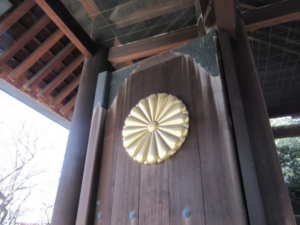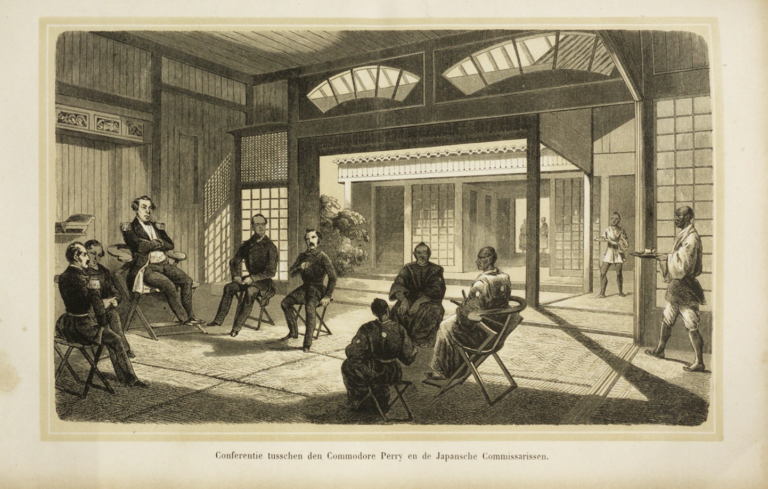Why can’t a woman become emperor? Is this sexism? Actually, the reason is extraordinary!
Perhaps you misunderstood. It’s not that a female emperor is unaccepted, it’s that a rule makes it so.
Counting from the first emperor, Jinmu, there have been 126 emperors so far. Including the period when there were temporarily separate emperors for the north and south of Japan, there have been 129 emperors, 8 of which have been women. Although small in number, they have existed historically.
So, what is a female emperor?
A woman can be emperor, but her children cannot ascend to the throne. Strictly speaking, this means that if the male partner of a female emperor is not related to the Imperial Family, his children cannot become emperors. Neither male nor female child of a female emperor has ever become an emperor.
Why was this complicated rule, which is different from simple gender discrimination, created?
Is it an issue of genes?

A child is born by crossing the genes of a man and a woman, but it is also said that the Y chromosome, which only males have, is carefully inherited. The X chromosome, which both men and women have, will not be known whether it belongs to the emperor’s family or to an outsider as generations go by. But it is believed that the Y chromosome, which is inherited from the first generation, has remained because the emperor has been a male emperor.
Since when has this been known?
Modern day people like us can understand the story of chromosomes because of our knowledge of biology, but since when did we know about this?
Emperor Jinmu, the first emperor, is said to have ascended to the throne in 660 BC. The gene was discovered in around 1860.This means that we have been keeping the gene alive without knowing the nature of genes.
Don’t you think the rules are too complicated for mere coincidence? If it were simply that no female emperors were allowed, I would understand. Or is it knowledge given to us by extraterrestrial life? Is it just me, or is it so strange that it makes me want to believe in the existence of aliens?
The same idea goes for the average family
The Japanese believed that the family lineage was more important than the individual. However, now this belief is dying out. The eldest son carries on the family lineage. Of course, there may have been gender discrimination, but considering the example of the Emperor’s family, I wonder if this is actually an unconscious incorporation of the genetic problem. I can’t help but feel so.
Japanese genealogical culture is very mysterious.
Will the day ever come when its history will be made clear?
ABE KENGO








